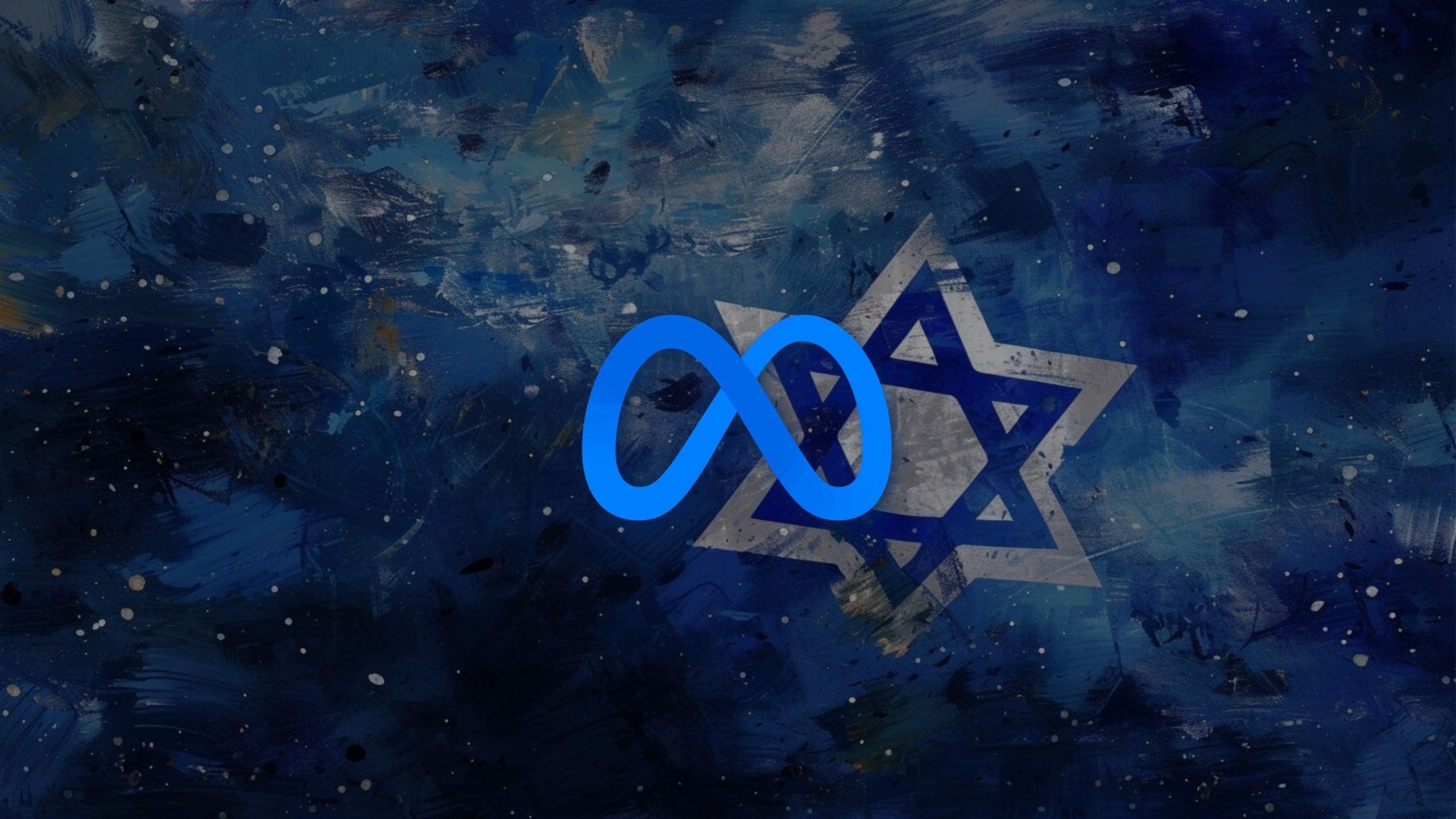Meta, the parent company of Instagram and Facebook, has been reportedly reevaluating its “hate speech” policy, with a particular focus on the term “Zionist,” as confirmed by a January 30 email sent by Meta policy personnel to civil society groups.
This switch in policy might significantly curb discussions centering on Israeli nationalism, also hindering criticisms and free speech about Gaza conflicts and other related issues.
Predominantly used to label those supporting the existence of a Jewish state in the Middle East, the term “Zionist” has been used relatively freely on Meta’s platforms.
At present, Meta’s internal policies mandate the removal of posts incorporating the term “Zionist” if it’s interpreted as a covert reference to “Jew” or “Israeli,” which are both safeguarded under its speech regulations.
However, the impending modification in policy could empower moderators to apply this rule more aggressively, thereby leading to a notable surge in deletions of posts openly critical of elements of Israeli nationalism.
“Given the increase in polarized public discourse due to events in the Middle East, we believe it’s important to assess our guidance for reviewing posts that use the term Zionist,” a Meta spokesperson said in response to the AFP.
Founder and executive director of CyberWell, Tal-Or Cohen Montemayor said:
“CyberWell has identified several major narratives leveraged against ‘Zionists’ that are rooted in classic Jew-hatred including that they ‘purposefully’ target and kill children because of ‘who they are’ (rooted in the blood libel of Simon of Trent), that they are pigs or the sons of monkeys and pigs – often coupled with classically anti-Jewish imagery, and that the Zionist are in some worldwide power conspiracy theory or covertly running governments all around the world.
The Anti-Defamation League has been lobbying for the consideration of anti-Zionism as a form of antisemitism. They argue that the term has been manipulated by antisemites online to replace “Jew,” and have called for an escalation of censorship and moderation.
“Many of these antisemitic narratives are not comprehensively captured by the existing community standards, and certainly not captured by content moderation enforcement in practice at Meta.”
“While the term Zionist often refers to a person’s ideology, which is not a protected characteristic, it can also be used to refer to Jewish or Israeli people.”
Jewish Voice for Peace organizer Dani Noble voiced the organization’s apprehensions about the potential changes to The Intercept. “We are horrified to learn that Meta is considering expanding when they treat ‘Zionism’, a political ideology, as the same as ‘Jew/Jewish’, an ethno-religious identity. It may end up safeguarding the Israeli government from accountability for its actions and policies that adversely affect Palestinian human rights.”













